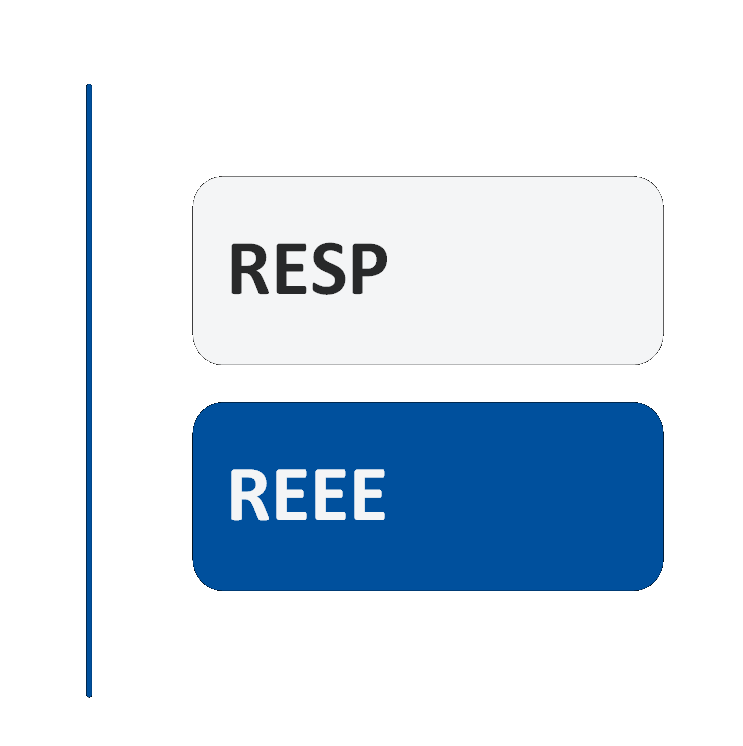Tax Credits for Students
Students may be eligible for tax credits or deductions even if there is no income. Refundable tax credits are payable to the student even if there is no income, and some of the non-refundable tax credits and carry-forward tax deductions, may be accrued for use in future years. Students should file their tax returns even if there is no income to be eligible.
Tax credits reduce the income tax payable, whereas tax deductions reduce taxable income. Some tax credits are refundable which means they can be paid to the student even if there is no taxable income. Some of the tax deductions may be carried-forward. That is to say they may be incurred and reported in one tax year, but used to reduce taxable income in a future tax year.
The table below provides a listing of tax credits and deductions available in 2023.
|
Tax Credits |
Tax Deductions |
||
|
Refundable |
Non-refundable |
No Carry-Forward |
Carry-Forward |
|
Canada Training Credit |
Basic Personal Amount |
Child care expenses |
Moving Expenses |
|
Child and family benefits |
Canada Employment Amount |
||
|
Ontario Jobs Training Tax Credit |
Interest paid on student loans |
||
|
Quebec Solidarity Tax Credit |
Tuition and carried forward education and textbook amounts |
||
Tuition fees eligible for deduction include the following amounts:
- admission fees
- charges for use of library or laboratory facilities
- exemption fees
- examination fees (including re reading charges) that are integral to a program of study
- application fees (but only if the student subsequently enrolls in the institution)
- confirmation fees
- charges for a certificate, diploma or degree
- membership or seminar fees that are specifically related to an academic program and its administration
- mandatory computer service fees
- academic fees
Eligible tuition fees do not include the following amounts:
- extracurricular student social activities
- medical expenses
- transportation and parking
- board and lodging
- goods of enduring value that are to be retained by students (such as a microscope, uniform, gown, or computer)
- initiation fees or entrance fees to professional organizations including examination fees or other fees (such as evaluation fees) that are not integral to a program of study at an eligible educational institution
- administrative penalties incurred when a student withdraws from a program or an institution
- the cost of books (other than books, compact disks or similar material included in the cost of a correspondence course when the student is enrolled in such a course given by an eligible educational institution in Canada)
- courses taken for purposes of academic upgrading to allow entry into a university or college program. These courses would usually not qualify for the tuition tax credit as they are not considered to be at the post secondary school level
Certain ancillary fees and charges, such as health services fees and athletic fees, may also be eligible tuition fees. However, such fees and charges are limited to $250 unless the fees are required to be paid by all full time students or by all part time students.
Some provinces also have student and training tax credits including:
- Ontario: Ontario Jobs Training Tax Credit
- Quebec: Tax Credits & Deductions for Students
Tip: Consult your local tax professional for details
